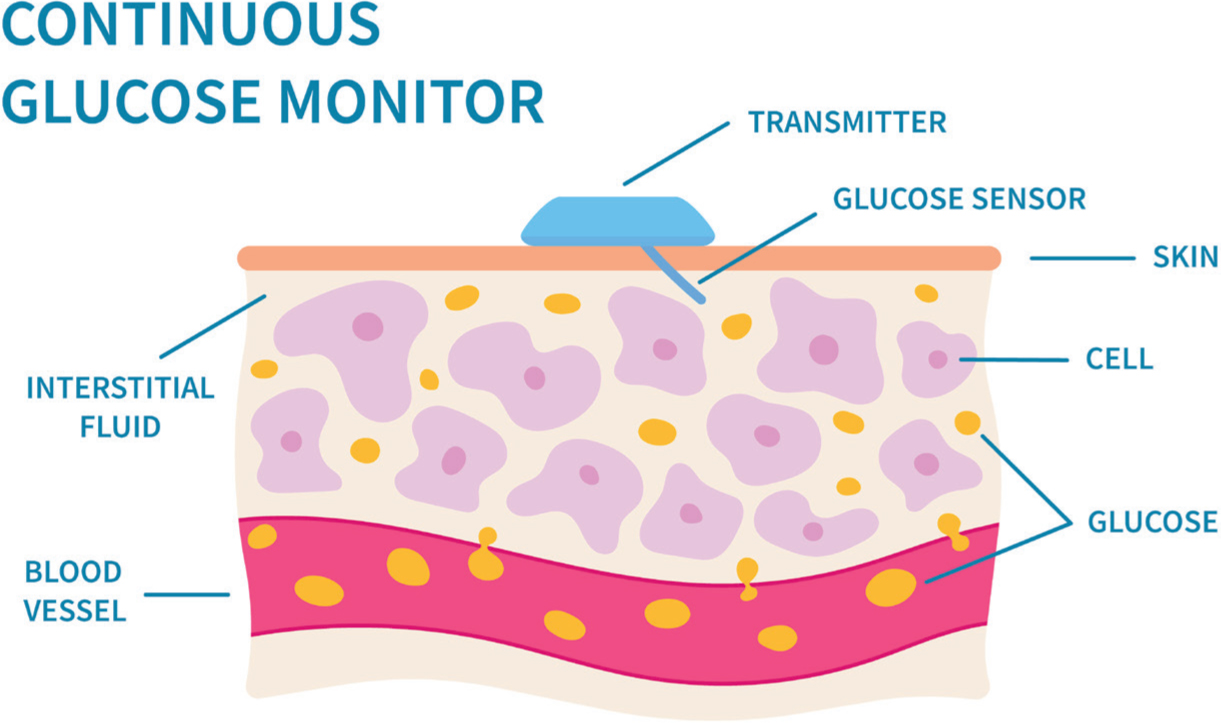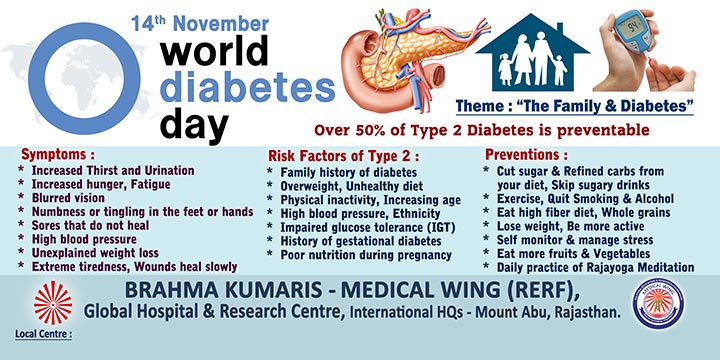Introduction to World Diabetes Day
History and Significance
World Diabetes Day is celebrated annually on November 14. It was created in response to rising diabetes prevalence and aims to raise awareness about the disease. Established in 1991 by the International Diabetes Federation and the World Health Organization, this day marks the birthday of Sir Frederick Banting, who co-discovered insulin. The observance highlights the importance of education, prevention, and management of diabetes, reaching millions around the globe.
Theme for the Year
Every year, World Diabetes Day adopts a theme reflecting current issues in diabetes care and prevention. The chosen theme aims to engage communities and inspire actions that promote better awareness and understanding of diabetes management. This year’s theme focuses on healthy lifestyles and the importance of regular check-ups to prevent or manage diabetes effectively.

Global Diabetes Epidemic
Statistics and Data
The diabetes epidemic is alarming, with an estimated 463 million people worldwide living with the disease. This figure is projected to rise significantly, reaching 700 million by 2045. The prevalence of diabetes is not just a health concern; it also poses considerable economic challenges due to increased healthcare costs and lost productivity.
Risk Factors and Prevention
Major risk factors for diabetes include obesity, sedentary lifestyle, and genetic predisposition. Preventive measures such as maintaining a healthy diet, engaging in regular physical activity, and scheduling routine check-ups can significantly reduce the risk of developing diabetes. Education and awareness are crucial in combating this growing epidemic.

Impact of Diabetes on Health
Complications of Diabetes
Diabetes can lead to serious health complications if not managed properly. These complications include heart disease, kidney failure, nerve damage, and vision problems. Each of these conditions significantly affects the quality of life and can lead to further medical issues, increasing the burden on individuals and healthcare systems.
Management and Treatment
Effective management of diabetes is essential for preventing complications. This typically involves a combination of medication, lifestyle changes, and regular monitoring of blood sugar levels. Education on diabetes management empowers individuals to take control of their health and improve their overall well-being.

Lifestyle and Diabetes
Importance of Healthy Eating
Healthy eating plays a crucial role in managing diabetes. A balanced diet rich in whole grains, fruits, vegetables, and lean proteins can help regulate blood sugar levels. Understanding carbohydrate counting and portion control is essential for individuals with diabetes to maintain their health.
Exercise and Physical Activity
Regular physical activity is equally important. Engaging in activities such as walking, swimming, or cycling can help improve insulin sensitivity, lower blood glucose levels, and promote overall well-being. Making exercise a part of daily routine can lead to significant health benefits for those living with diabetes.

Technology and Diabetes Management
Continuous Glucose Monitoring
Continuous glucose monitoring (CGM) systems provide real-time data on blood glucose levels, allowing individuals to make informed decisions about their diabetes management. These devices alert users to high or low blood sugar levels, helping them take timely action to prevent complications.
Insulin Pump Therapy
Insulin pump therapy is an innovative approach that delivers insulin continuously throughout the day, mimicking the natural release of insulin by the pancreas. This technology allows for more precise control over blood glucose levels, offering flexibility and a better quality of life for those managing diabetes.

Support and Awareness
Diabetes Education Programs
Diabetes education programs play a crucial role in providing individuals and families with the essential knowledge needed to manage diabetes effectively. These programs offer valuable resources on dietary choices, exercise, and monitoring blood glucose levels, empowering participants to take control of their health.
Advocacy Initiatives
Advocacy initiatives are vital for raising awareness about diabetes and its impact on individuals and communities. Organizations work diligently to promote policy changes, improve access to care, and support research efforts, ultimately aiming to enhance the lives of those affected by diabetes.

